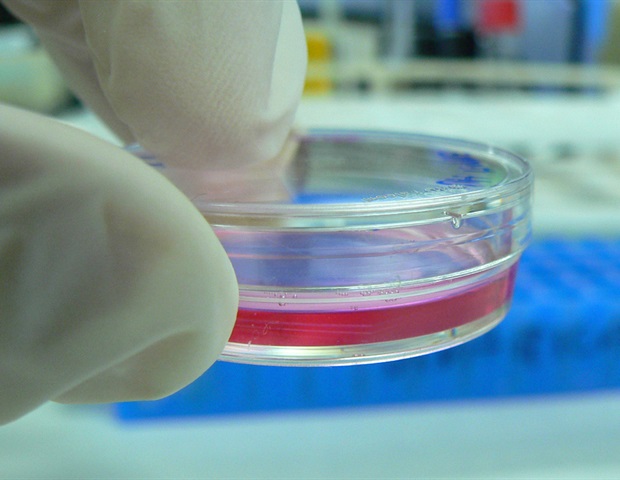Healthcare education for a sustainable future: The role of environmental awareness

Healthcare education aims to teach a larger feeling of responsibility towards the environment as well as train future healthcare professionals to diagnose and treat patients. Integrating environmental awareness into healthcare education is essential for a sustainable future in today’s world, where the influence of climate change and environmental degradation on public health is obvious. This article explores the value of environmental consciousness in healthcare education and how it might help create a more sustainable healthcare system.
Understanding the Link Between Health and Environment
It’s important to acknowledge the connection between health and the environment before examining environmental awareness’s function in healthcare education. According to estimates from the World Health Organization (WHO), environmental factors account for up to a quarter of the worldwide illness burden. The deterioration of ecosystems, exposure to dangerous chemicals, and pollution of the air and water are some of these reasons.
Since there is a connection between environmental challenges and public health, healthcare practitioners should consider it more than merely an ecological issue. Numerous health issues, including respiratory ailments, illnesses brought on by the heat, diseases spread by insects, vector-borne illnesses, and food insecurity, can be brought on by pollution, climate change, and biodiversity loss.
The Role of Healthcare Education
1. Raising Awareness: Increasing student understanding is the first step in incorporating environmental concerns into healthcare teaching. To make it obvious that protecting the environment is equivalent to protecting patients, educators should emphasize how environmental variables affect health.
2. Curriculum Integration: The healthcare curriculum should include environmental subjects. Classes on environmental health, ethical healthcare, and the environmental effects of healthcare systems can all fall under this category. Students may study, for instance, how healthcare facilities’ carbon footprints might be reduced.
3. Interdisciplinary Learning: An all-encompassing comprehension of the problems can be fostered via collaborative education between healthcare and environmental science programs. Students can work on collaborative projects and research studies that examine the relationship between environmental sustainability and human health.
4. Practical Training: The curriculum needs to include practical instruction in eco-friendly medical procedures. Among other things, this might entail educating students on how to choose eco-friendly goods and technology, cutting back on energy use, and minimizing waste.
5. Ethical Considerations: The ethical duties of healthcare practitioners in relation to environmental stewardship should be covered in ethics courses. Students may have a feeling of ethical obligation to protect the environment as a result of this.
Benefits of Environmental Awareness in Healthcare Education
1. Improved Health Outcomes: Environmentally aware healthcare practitioners are better able to recognize and manage the environmental determinants of health, which ultimately improves patient outcomes.
2. Cost Savings: Sustainable healthcare practices frequently result in cost reductions for healthcare organizations. Technologies that use less energy and waste-reduction strategies save operating costs while simultaneously helping the environment.
3. Enhanced Reputation: Public perception of healthcare facilities is often better when environmental awareness and sustainability are prioritized. Institutions that exhibit a commitment to environmental sustainability are valued by patients and communities.
4. Global Perspective: Future medical professionals are more equipped to manage global health issues associated with climate change, such as the spread of infectious illnesses and problems with food security, thanks to environmental awareness in healthcare education.
Healthcare education has to change as a result of the wider issues that our increasingly linked society presents. Making the healthcare system aware of its responsibility for environmental stewardship is another goal of integrating environmental consciousness into healthcare education, in addition to developing more environmentally conscious healthcare workers. By doing this, we may strive towards a day when environmental sustainability and healthcare coexist, eventually to the advantage of both patients and the environment.
(Authored by Dr Devesh Kumar Singh, Chairman of Noida International Institute of Medical Sciences and Noida International University)
You can now write for wionews.com and be a part of the community. Share your stories and opinions with us here.
link




